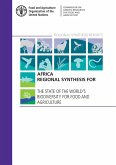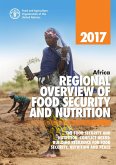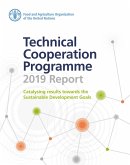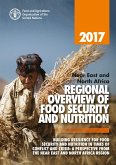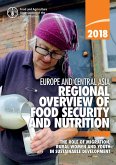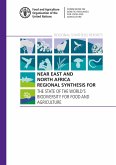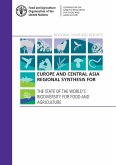Following the 1st International Symposium on Agroecology for Food Security and Nutrition, held in Rome in 2014, FAO organized a series of regional multistakeholder seminars in Latin America and the Caribbean, sub- Saharan Africa, Asia and the Pacific, China, Europe and Central Asia, and the Near East and North Africa from 2015 to 2017. These seminars provided many opportunities for exchange and debate and revealed that while the scientific framework for agroecology dates back to the last century, it is a living concept that can be interpreted differently by different actors. The participants' testimonies showed not only the wealth of existing initiatives but also their high expectations about supporting agroecological transitions on a larger scale. This report presents a summary the main lessons learned from the regional meetings and drawing from this, proposes a framework for action to support the development of agroecology in the coming years. This is a direct contribution to the 2 nd International Symposium on Agroecology: Scaling up Agroecology to achieve the SDGs.
Dieser Download kann aus rechtlichen Gründen nur mit Rechnungsadresse in A, B, CY, CZ, D, DK, EW, E, FIN, F, GR, H, IRL, I, LT, L, LR, M, NL, PL, P, R, S, SLO, SK ausgeliefert werden.



